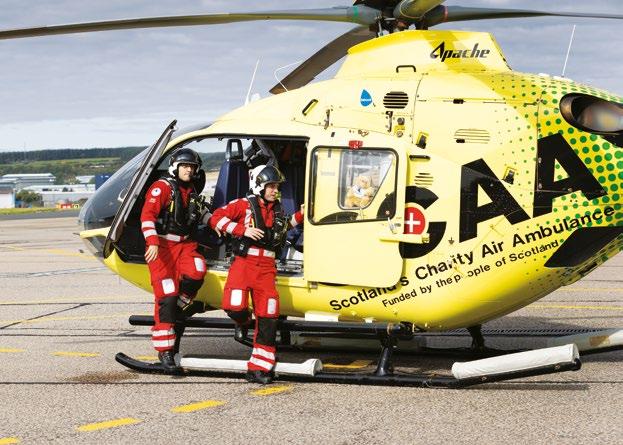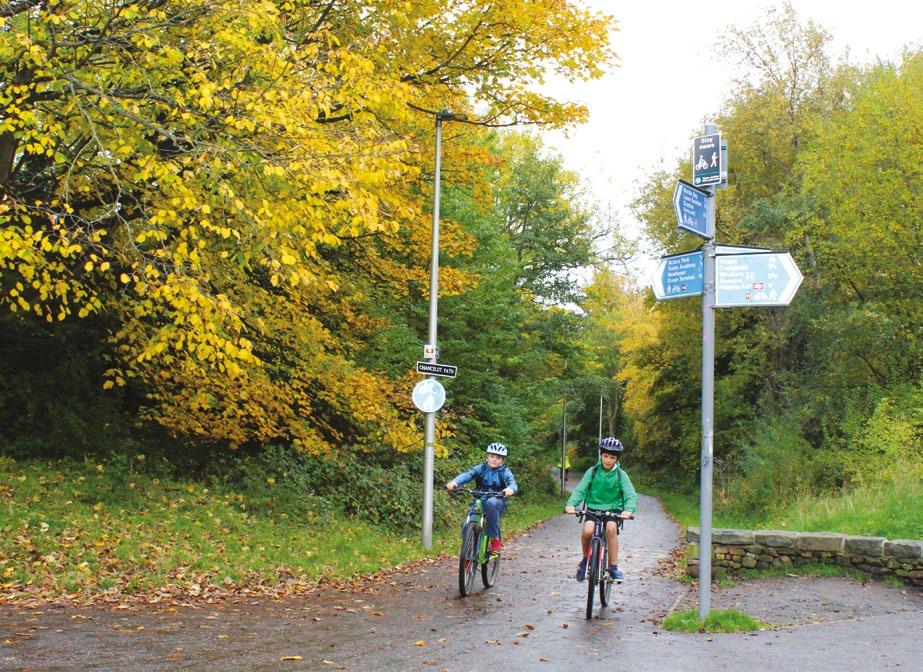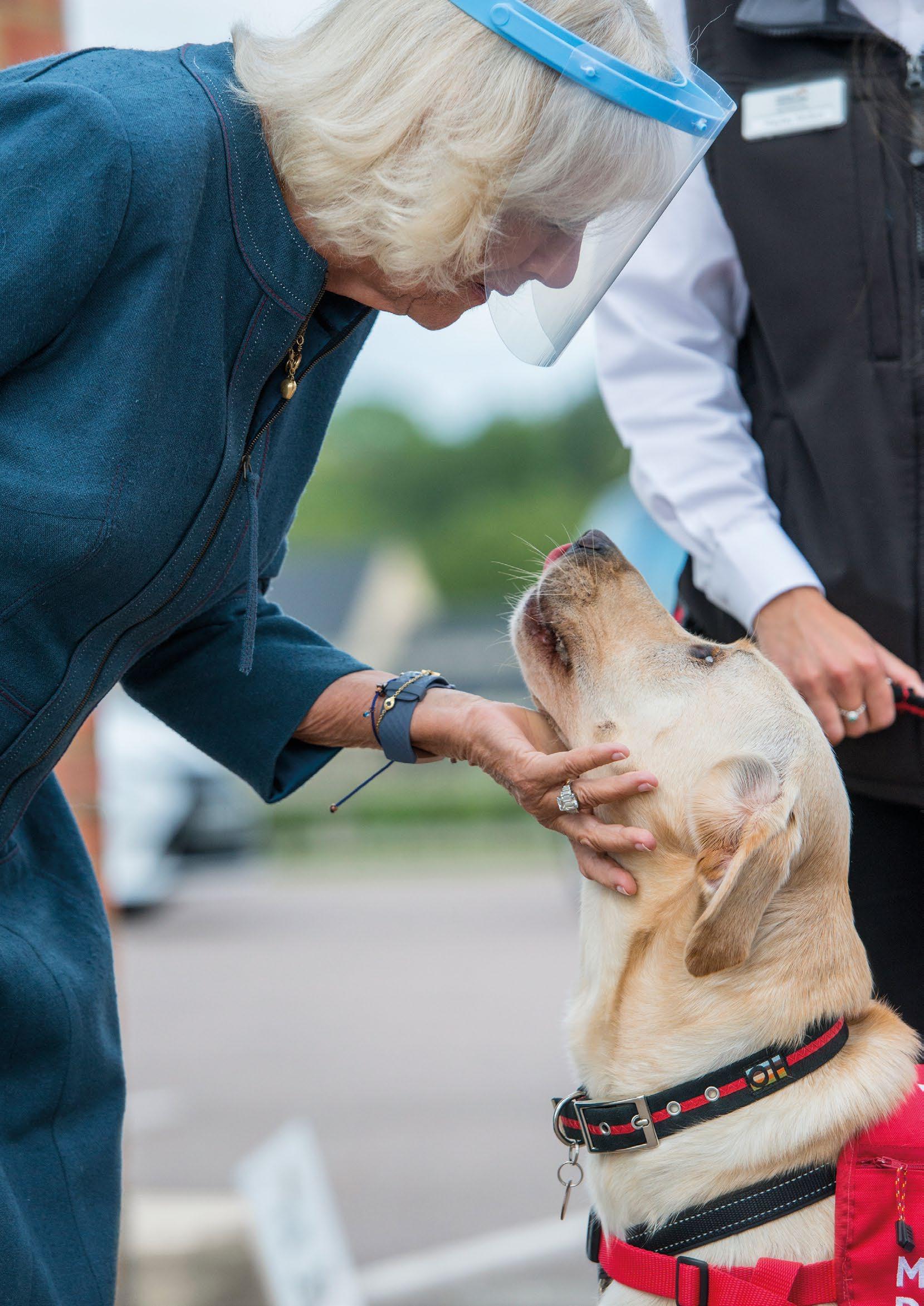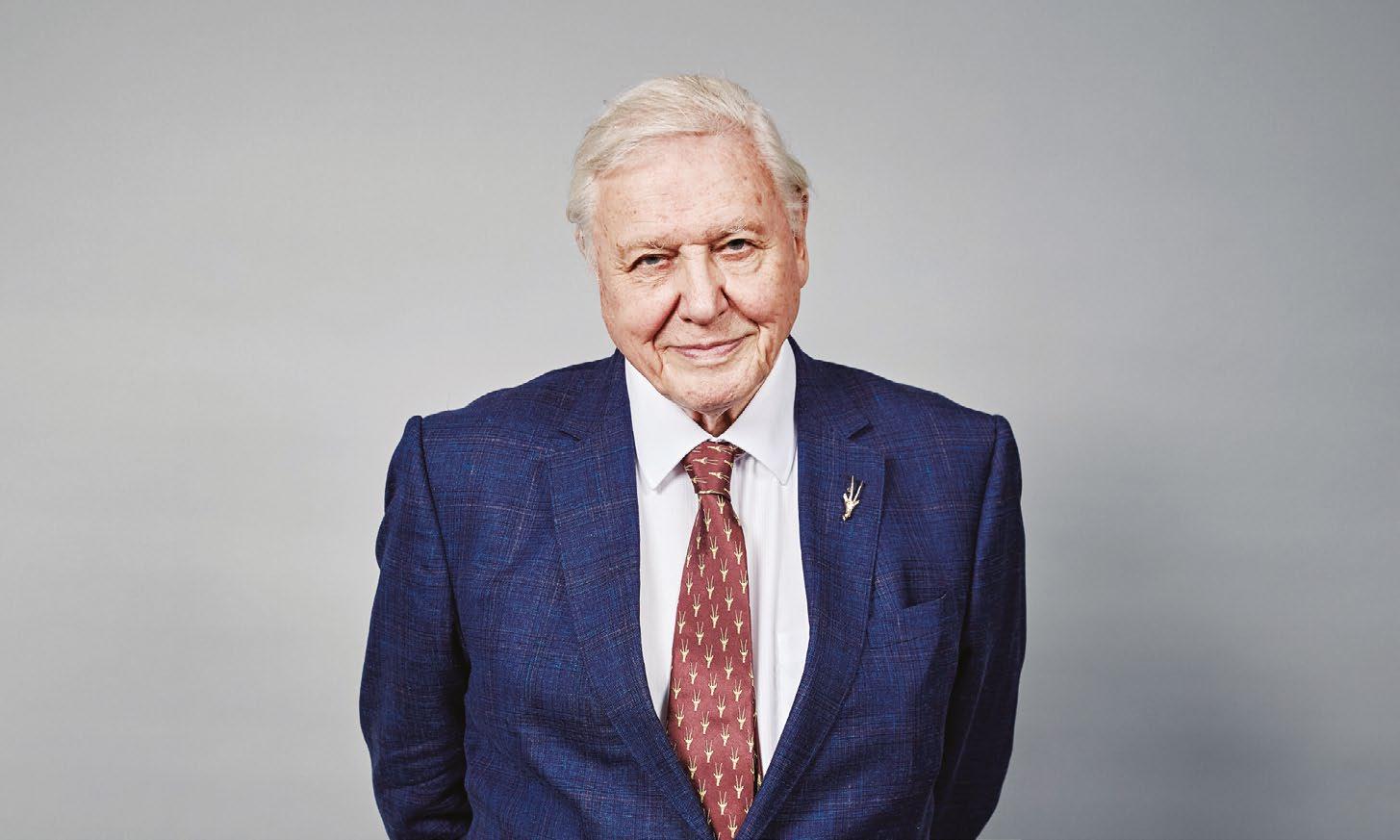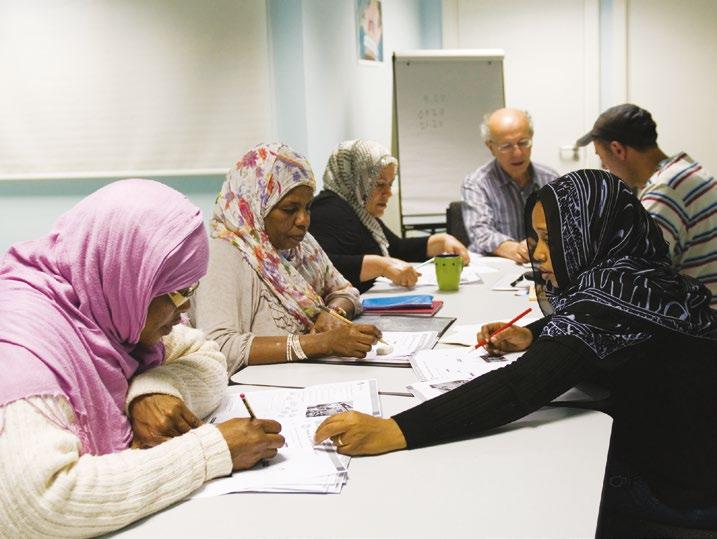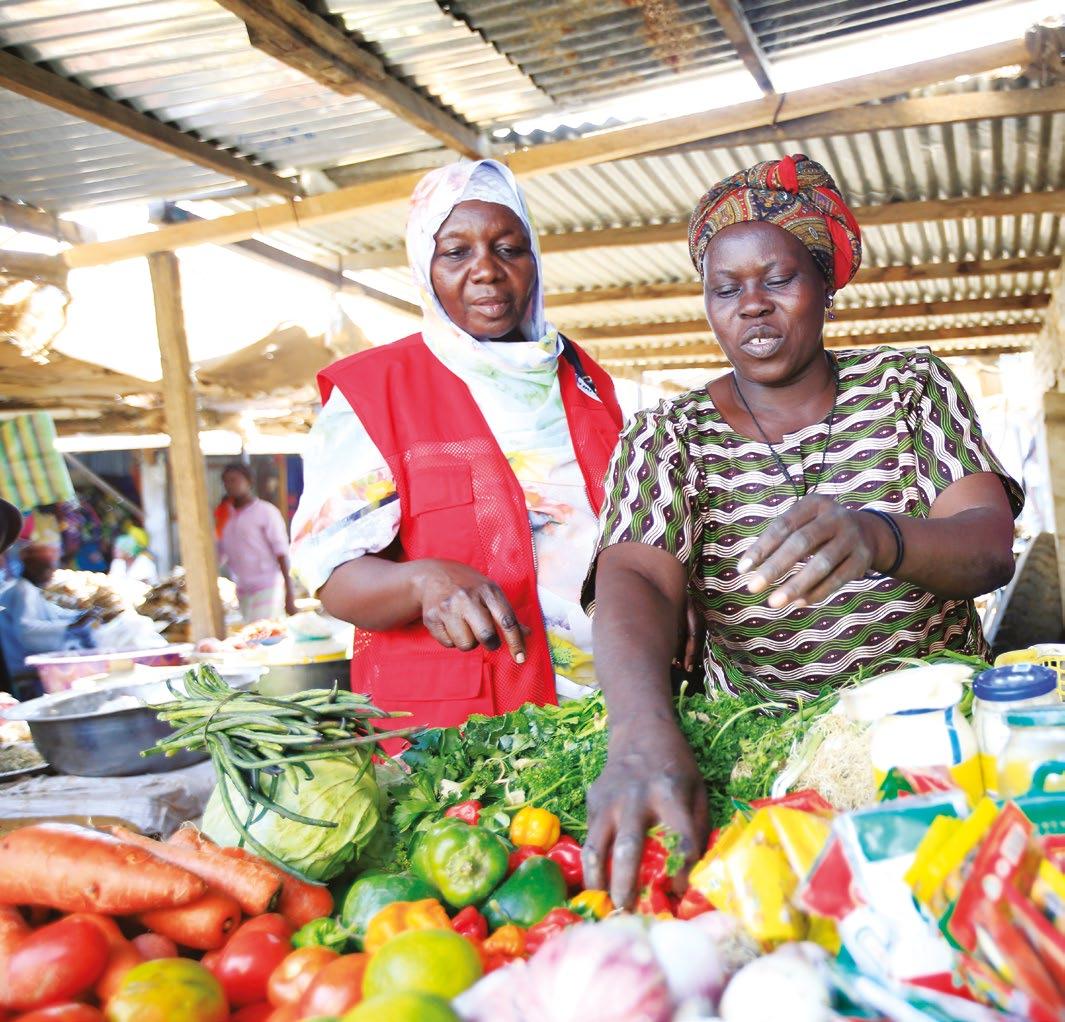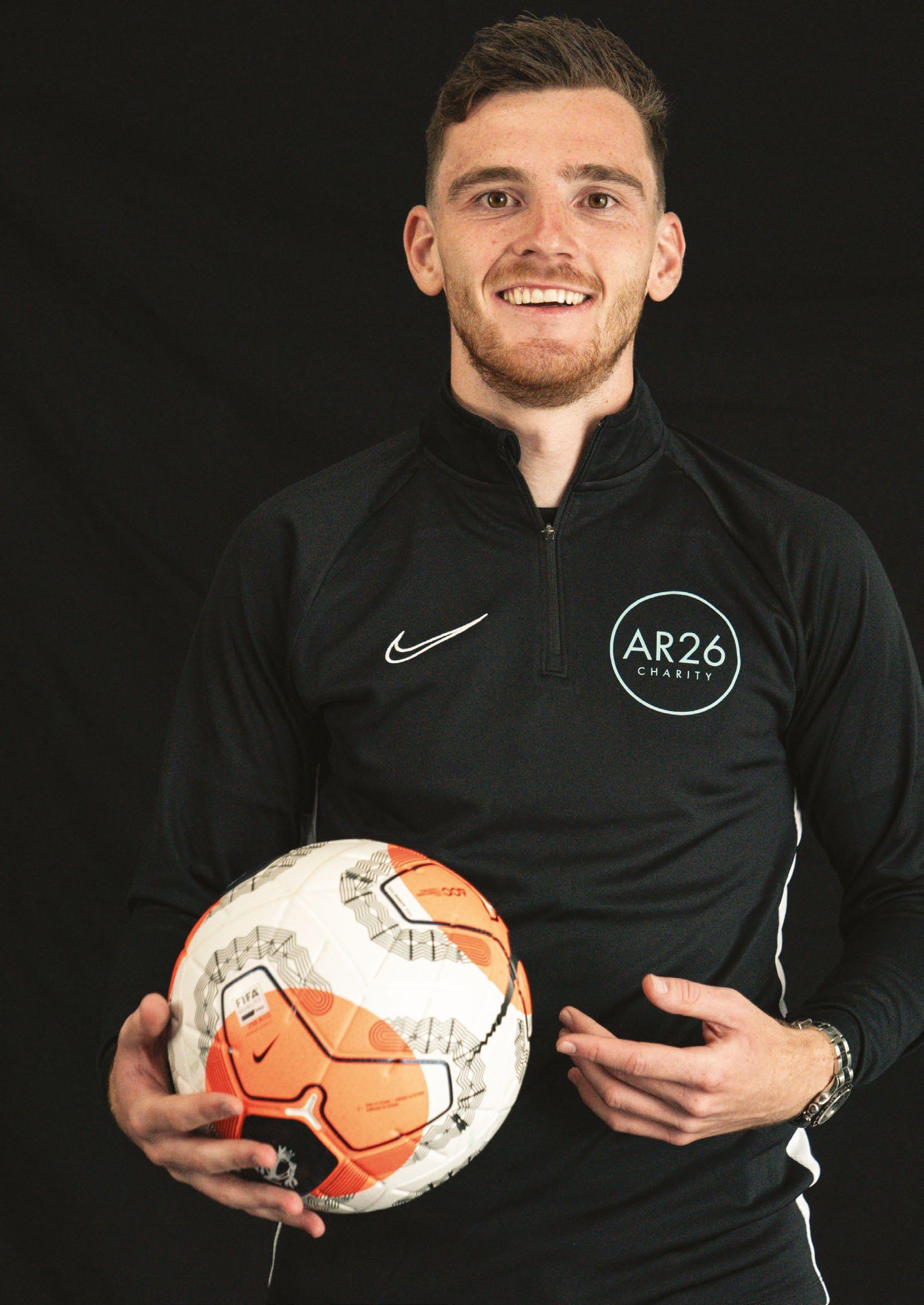PARTING SHOT
Playing for good In contrast to the under-regulation of the betting sector, the charity lottery sector has had to wait years for simple reforms of the law which will help it raise more for charities – the lifeblood of our communities.
A long overdue review of the Gambling Act must make a clear policy distinction between betting and charity lotteries, argues Carolyn Harris MP, Chair of the Gambling Related Harm All Party Parliamentary Group.
W
ITH 79% of UK adults owning a smart phone, it’s easier than ever to gamble at the touch of a button. This, along with increased advertising and promotion and widespread access to fixed-odds betting terminals, sees gamblers in the UK sustaining an industry worth £14 billion. The online nature of modern gambling has changed the landscape, making it much easier to play responsibly. Yet for an increasing number of people, it can quickly escalate into problem gambling. I have made it clear many times that I am not antigambling per se. I love a game of bingo, I’m happy to have a flutter on the Grand National and I support the great work of charity lotteries in raising funds for good causes. My concerns focus on the irresponsible and socially damaging practices of betting companies which drive problem gambling and take advantage of vulnerable people. These include the lack of online gambling stake or deposit limits. The role of our All Party Parliamentary Group is to ensure the sector operates fairly and in a way that protects potentially vulnerable people. Our clear ask is that the Government undertakes the long overdue review of the Gambling Act it has committed to do – in this Parliament. A root and branch review cannot come quick enough. The gambling industry has been governed by legislation which is simply out of date and not fit for purpose in an era of online gambling.
50
G IVI N G | DECEMBER 2020
That is why I was delighted that, at long last, we saw changes to the law on charity lotteries earlier this year – changes that can mean more vital funds for local charities, such as air ambulances, hospices and community groups. I know from my own constituency of Swansea East that these types of organisations make a huge difference, especially during the exceptionally tough fundraising environment we’ve seen throughout 2020.
We need to make the important distinction between betting – especially online betting – and charity lotteries.”
There is a huge difference between spending £10 a month on a subscription lottery that raises funds for charities, and spending hundreds of pounds in a matter of minutes via online betting, with the profits going to private shareholders. That is why, when a review of the Gambling Act takes place, we need to make sure we are playing for good for a host of reasons, making the important distinction between betting – especially online betting – and activities such as charity lotteries. My ask is that the Government remains aware of these differences and differentiates policy accordingly. By doing this, they will both safeguard customers from the damaging practices of the betting sector, and help safeguard the financial future of the thousands of charities and community groups who do so much to build a fairer, better society. ■
Every day, lifesaving missions are flown across the UK by 21 charity air ambulance organisations such as Scotland’s Charity Air Ambulance (SCAA). Players of People’s Postcode Lottery have helped SCAA to expand its vital service thanks to a £300,000 Postcode Heroes Trust award.

